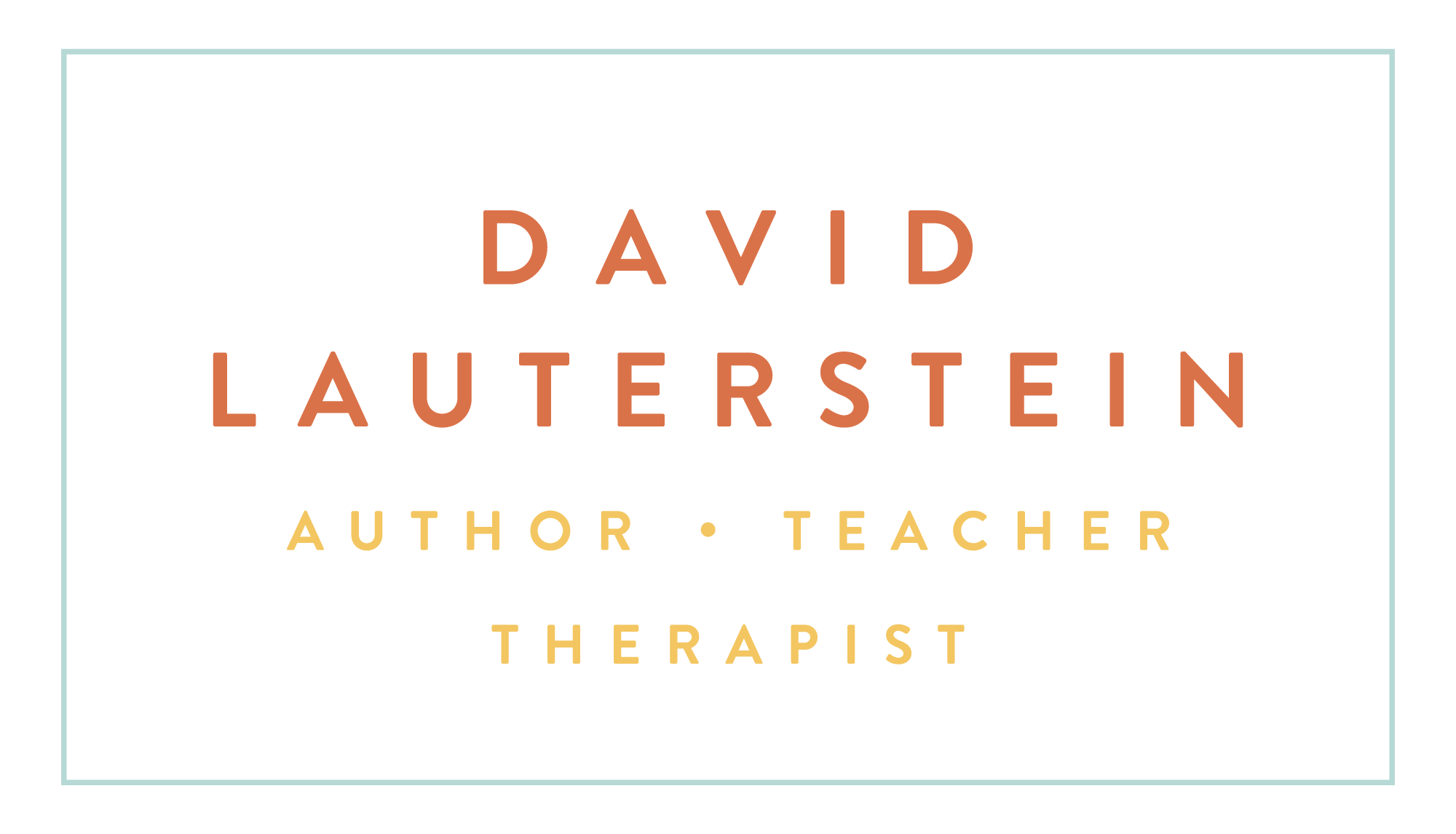William James and the Gospel of Relaxation
William James (1842-1910) is someone whose work I’ve not yet explored with any thoroughness. This passage I just encountered is blowing me away. It is from a talk he gave in 1899! with the powerful title, “The Gospel of Relaxation.” How exciting it is to realize that the knowledge of the ways unconscious bodily tensions affect our whole lives and through them our culture was articulated so brilliantly already, well over a hundred years ago before the great ida Rolf walked the planet! It is a little heartbreaking that this realization is still not part of everyone’s everyday consciousness, but we’re getting there! As James says it is key to the over-contraction in people’s physical and spiritual lives.
“…In one sense the more or less of tension in our faces and in our unused muscles is a small thing: not much mechanical work is done by these contractions. But it is not always the material size of a thing that measures its importance: often it is its place and function. One of the most philosophical remarks I ever heard made was by an unlettered workman who was doing some repairs at my house many years ago. "There is very little difference between one man and another," he said, "when you go to the bottom of it. But what little there is, is very important." And the remark certainly applies to this case. The general over-contraction may be small when estimated in foot-pounds, but its importance is immense on account of its effects on the over-contracted person's spiritual life. This follows as a necessary consequence from the theory of our emotions to which I made reference at the beginning of this article. For by the sensations that so incessantly pour in from the over-tense excited body the over-tense and excited habit of mind is kept up; and the sultry, threatening, exhausting, thunderous inner atmosphere never quite clears away. If you never wholly give yourself up to the chair you sit in, but always keep your leg- and body-muscles half contracted for a rise; if you breathe eighteen or nineteen instead of sixteen times a minute, and never quite breathe out at that,—what mental mood can you be in but one of inner panting and expectancy, and how can the future and its worries possibly forsake your mind? On the other hand, how can they gain admission to your mind if your brow be unruffled, your respiration calm and complete, and your muscles all relaxed?…”
Here is the whole talk: The Gospel of Relaxation

